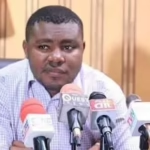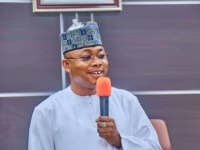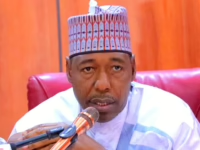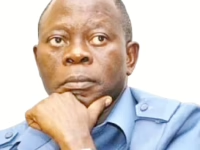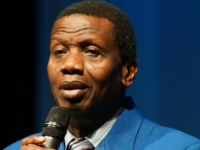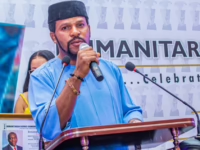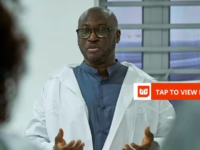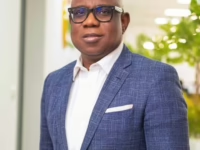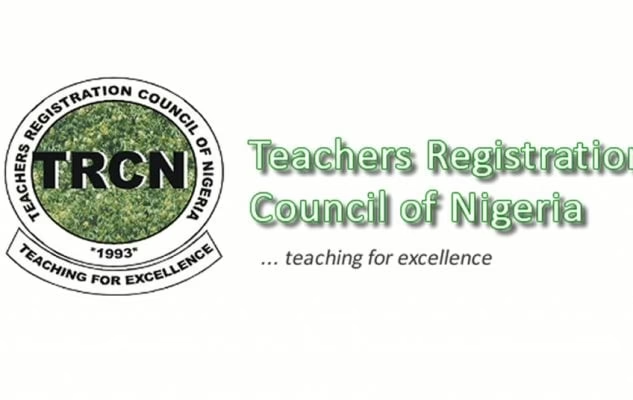The Teachers Registration Council of Nigeria (TRCN) has voiced serious concerns regarding the increasing prevalence of unqualified educators within the nation, identifying this trend as a significant contributor to the deterioration of educational quality.
Dr. Ronke Soyombo, the Chief Executive Officer of TRCN, highlighted these issues during an interview on Channels Television’s ‘The Morning Brief’ in observance of the 2025 World Teachers’ Day, which carries the theme “Recasting Teaching as a Collaborative Profession.”
She pointed out that a substantial number of individuals currently engaged in teaching roles across Nigerian schools lack the essential credentials required to deliver effective instruction, a problem especially widespread in private educational institutions.
“A large portion of those teaching in classrooms do not possess the formal qualifications necessary for the profession, particularly within private schools,” Dr. Soyombo remarked.
While acknowledging the genuine enthusiasm many have for teaching, she emphasized that the absence of formal pedagogical training prevents many from officially entering the profession.
“Attending a teacher training college is one thing, but the real challenge lies in translating that knowledge into teaching methods that address the unique needs of students,” she explained. “This gap must be addressed. Our accelerated programs aim to bring more qualified teachers into the system, especially since many are reluctant to join public schools due to lacking education degrees.”
Dr. Soyombo disclosed that the TRCN currently registers approximately 1.4 million teachers, with ambitious plans to increase this figure to 20 million within two years by leveraging digital platforms and streamlining the registration process.
“By digitizing our registration system, we have made it easier for more educators to register,” she said. “Every teacher brings a unique talent, but our goal is to foster a culture where educators collaborate in lesson planning.”
She stressed that cooperative teaching strategies not only improve educational outcomes but also serve as a model for students to embrace teamwork.
“Imagine three teachers working with the same grade level; if they collaborate on lesson plans, the result is far richer than if they worked independently. In today’s educational landscape, instilling a spirit of collaboration in students is crucial,” she added.
Furthermore, Dr. Soyombo revealed that the Council, in partnership with government agencies, is addressing the teacher shortage through an expedited Professional Diploma in Education (PDE) program.
“Teacher shortages are undeniable. To tackle this, we are fast-tracking the PDE course to six months for experienced educators who lack formal certification. This initiative will enable them to gain credentials quickly and contribute effectively to the teaching workforce,” she stated.
She expressed confidence that this accelerated pathway will attract more qualified professionals into education while enhancing existing teachers’ skills through ongoing training and resource provision.
“TRCN is also committed to upgrading teachers’ capabilities and supplying classroom resources. Many skilled teachers are eager to develop lesson plans that support their peers, which will encourage more individuals to join the profession,” she noted.
In a related message for World Teachers’ Day, Nigeria’s First Lady, Senator Oluremi Tinubu, lauded educators for their pivotal role in nation-building and urged intensified efforts to resolve the global teacher shortage.
Describing teachers as “true heroes who shape minds, nurture aspirations, and guide future generations,” Tinubu underscored the importance of enhancing teachers’ welfare and professional growth to fortify the education system.



